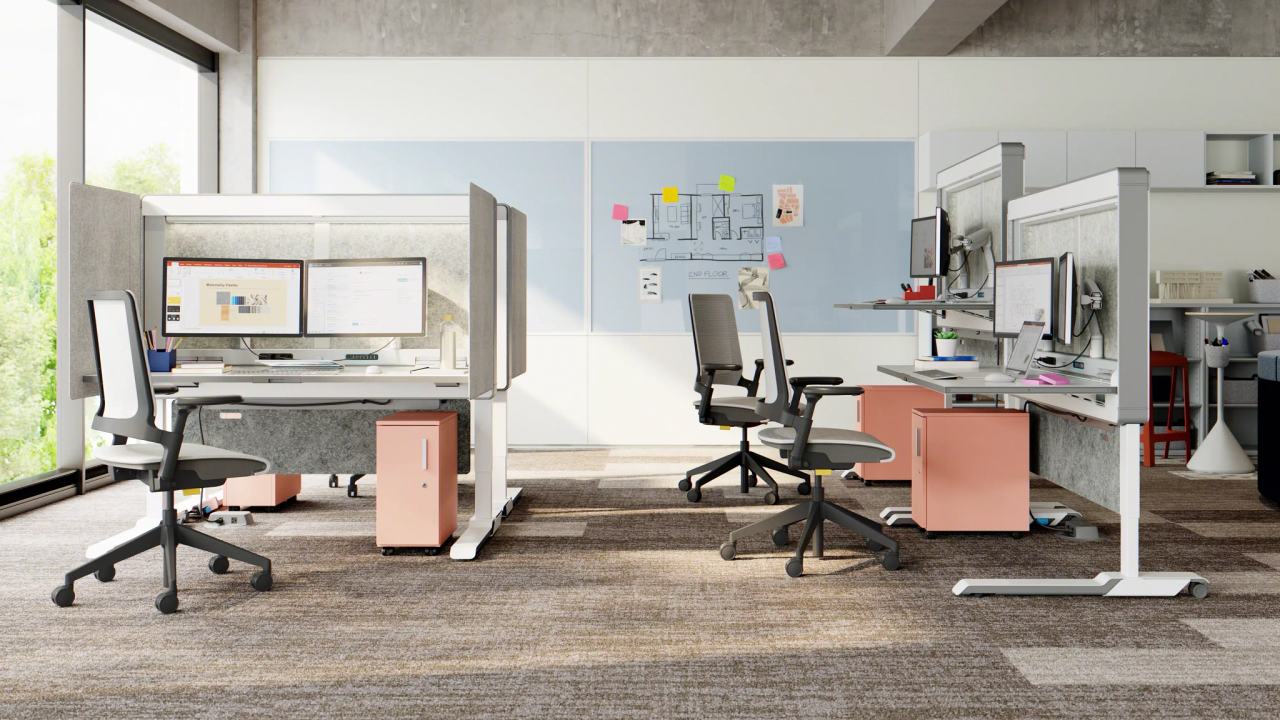For many organizations, hybrid work has become their “new normal”.
During 2020, millions of people realized that their usual way of working was forced to shift away from traditional work behaviors (e.g., wake up, commute to the office, work 8-10 hours, commute home, etc.). Employers were obliged to find new ways to allow their employees to work from home and remain just as effective as they were at the office.
“Hybrid work” is a broad term for a work style in which employers are flexible about how and where employees perform their job duties.
There are a few attributes of the hybrid workplace that you may never have considered before.
Culture Shifts
One of the big changes was the fact that those who worked from home had to be entrusted with company information and equipment from the privacy of their home. Whether they worked from a house, apartment, or their parents’ basement, employees found themselves taking laptops home or remotely accessing their company servers.
This led to a number of different mental challenges for everyone including the need for trust, transparency, and most importantly socialization. Many individuals felt isolated, especially those who had unconsciously relied on their workplace environment to interact with other people.
When employers started allowing employees to return to the workplace, the sense of community and shared purpose became more important than ever.
Comfort & Productivity
Not surprisingly, it was noticed in the beginning that employees were found to be more productive overall at home, but after some time, productivity declined and employees longed to be back in the office with their coworkers.
When people feel that they are safe, in control of their immediate environment, and have a place to relax when they feel stressed or need a break, their energy levels increase during productive hours. This is a concept that can be copied in the workplace to create an environment where employees can feel that same sense of safety, comfort, and control that they enjoy at home while allowing for the social spontaneity and face-to face collaboration that only an in-person work experience can offer.
For instance, while employees were isolated from their coworkers physically, many people spent time on video conferencing platforms like Zoom, Skype, and Microsoft Teams. Having a comfortable place to work in this manner was a challenge for some at home, but employers could invest in and more easily accommodate both in-person and digital collaboration spaces in the workplace.
Flexible Spaces
One major change that employers started implementing in the workplace, if they hadn’t already, was restructuring the physical space where employees performed their jobs.
With many organizations transitioning to hybrid work, the need for flexible office spaces – movable furniture, adaptable meeting spaces, etc. – became an important change. Such changes allowed employees to more easily work in a hybrid style by providing individual desks, group meeting areas, and quiet respite spaces that could be shared among everyone in the workplace as needed.
Companies such as Steelcase® have helped to foster this movement with the introduction of hybrid office furniture such as their Flex Personal Spaces and Orangebox Pods. Technology products such as the RoomWizard allow employees to easily schedule meetings and reserve the spaces that they need during the week.
Major Changes for the Future
The world has moved into a new era of hybrid work. Culture, comfort, and flexibility will become the three major factors that employers must consider when implementing a hybrid workplace strategy.
The COVID-19 pandemic has forever changed the dynamics of how we work and interact with each other. Now that people know there is a different way to work and employers have seen the potential benefits of a flexible hybrid strategy, a new movement of community-centered work has been unleashed.
These major shifts to the workplace have affected everyone. How is your company dealing with these changes?


